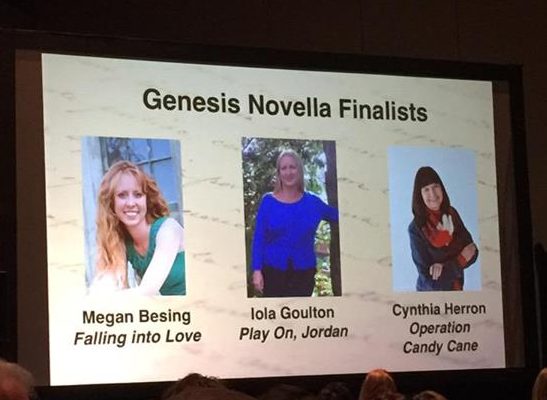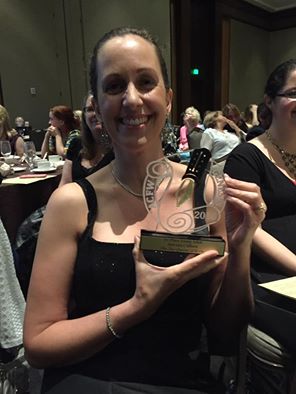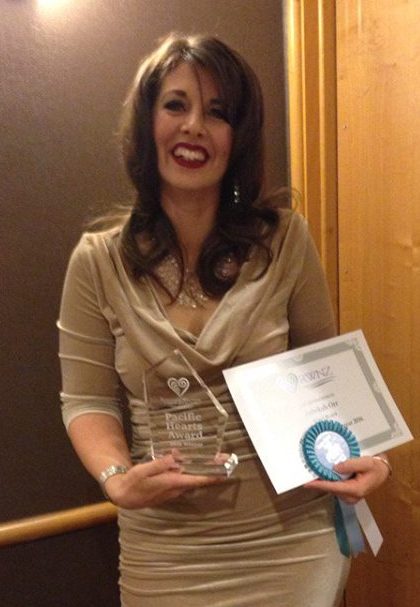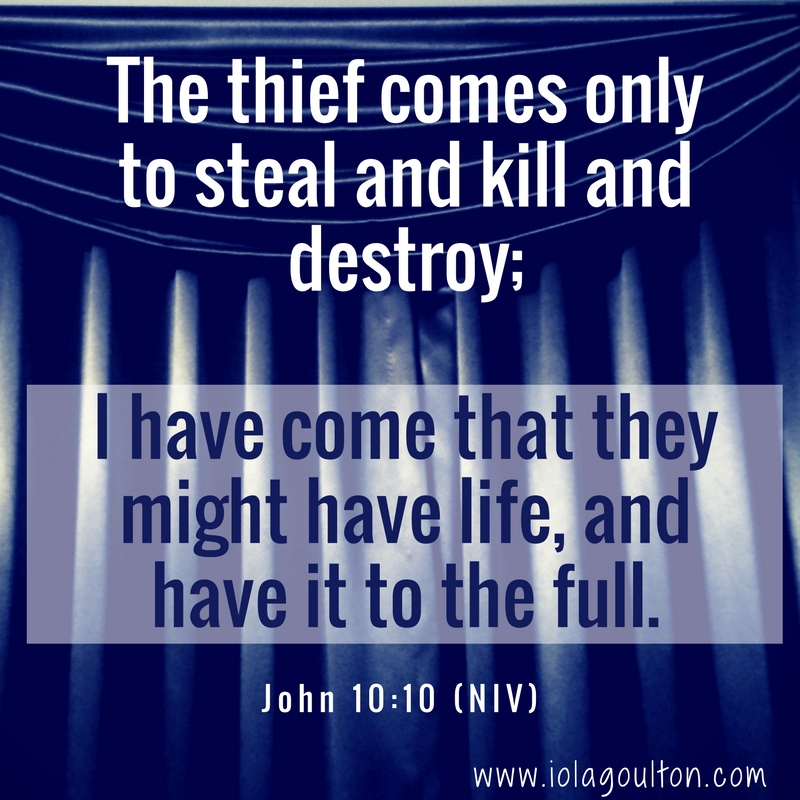Last week I had a comment on a book review post asking for advice for new writers. Well, it might have been asking for advice for new writers, but it also had a link to a website advertising writing aids which seemed a little spammy so I didn’t approve the comment. (Well, it was on a book review post, so seemed more than a little off-topic).
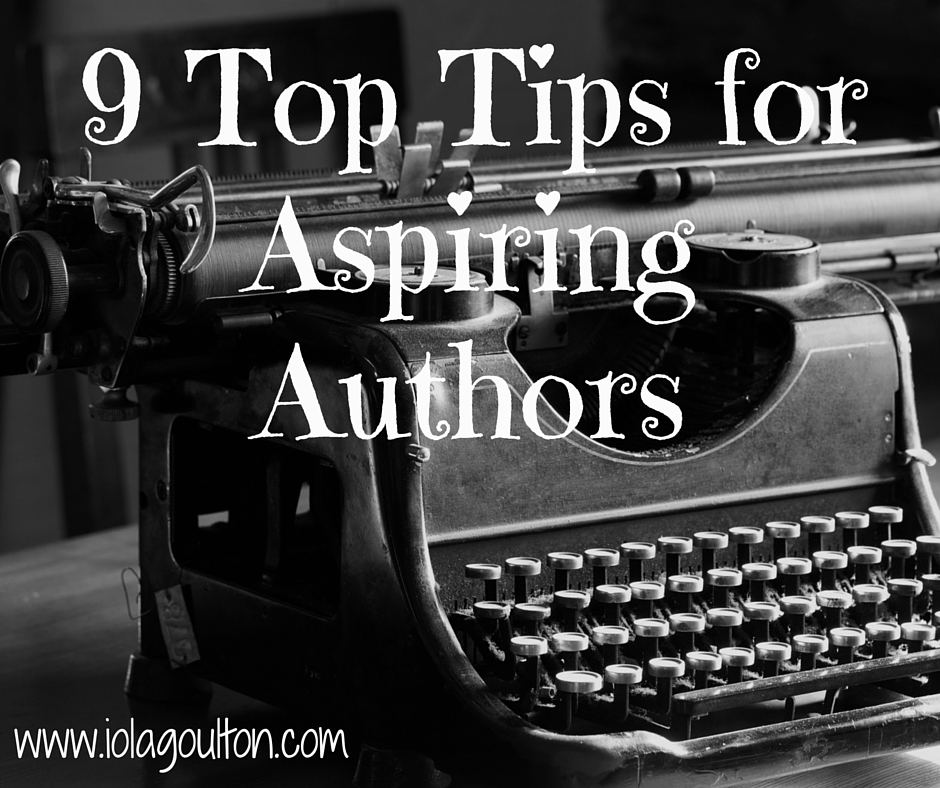
I’ve been writing fiction for a little over a year–not long, in the scheme of things. But that first novella manuscript won one small writing contest (Almost an Author), and is currently a finalist in the American Christian Fiction Writers Genesis contest, the flagship contest for unpublished Christian fiction writers. So my writing must have some merit.
But there is more to writing than just writing. At least, according to Stephen King:
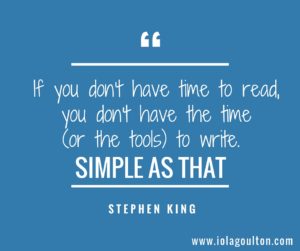
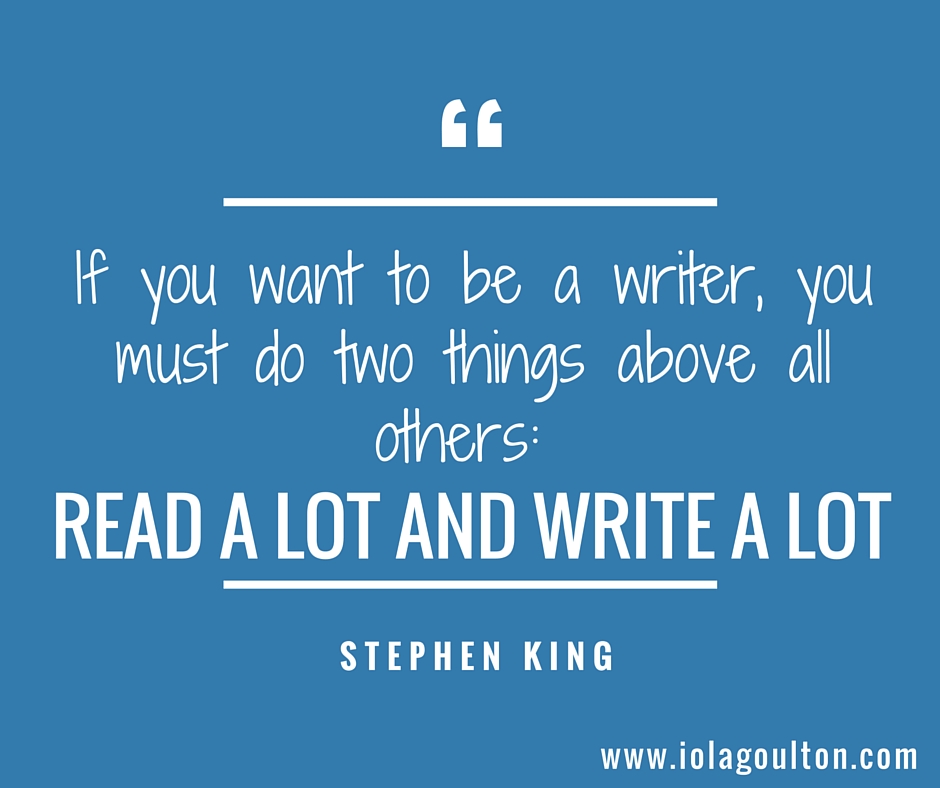
I’ve been reading Christian fiction for over twenty years.
I’ve seen trends come and trends go, which means I’ve got a good feel for the genre and have learned what publishers buy.
And I’ve been working as a freelance editor specialising in Christian fiction for the last five years, which means I’ve seen a lot of manuscripts, good and bad, and have learned something about the craft of writing from each one. I’ve attended conferences, undertaken online training, and completed a hands-on immersion course with international speaker and writing coach Margie Lawson.
I’ve also read dozens of books on writing craft and dozens more books on book marketing. Each has contributed to my understanding of how to write, edit, publish and market books in this new world. A world where aspiring authors don’t need an agent and a big-name publisher. A world where authors can self-publish without the stigma of ‘vanity’ publishing.
I’ve learned a thing or two.
So I’m going to give my answer to the question my commenter initially asked. I hope it helps him or her and anyone else who is thinking of writing a novel, who is in the middle of writing their first novel, or who has one or three or ten completed manuscripts buried in some virtual drawer.
So here are my top tips of what an aspiring fiction author needs to know and do:
1. Understand Genre
Publishers publish by genre, booksellers organise their stores by genre, and readers read by genre. Your book has a better chance of succeeding if you understand what genre it is, and meet the expectations of readers of that genre. For example, a romance novel has to have a happy ending in which the hero and heroine are together. If he dies at the end, it’s not a romance novel.
Yes, authors do can do genre mashups (Amish Zombies in Space springs to mind), but even that adheres to the expectations of each of the constituent genres (I think. I don’t read zombie novels, so don’t know how it stacks up against them).
Understand your genre, and write to the norms of that genre.
2. Write What You Love
If you love trashy romance, write romance novels. Don’t write highbrow literary fiction with beautiful language but where nothing much happens. Don’t write gung-ho action adventure novels in which the hero fights his way through innumerable blockages in order to reach his goal and get the girl. Conversely, if you read literary fiction, don’t write Amish romance because someone tells you that’s what sells.
Write what you love for two reasons. If you’re writing in a genre you love to read, you’ll know the conventions of the genre and what the reader is looking for. And your writing will flow better because it’s something you want to write (unlike so many of those creative writing assignments in school).
3. Read what you write
Read in your genre. Read outside your genre. Read old books. Read new books. Read novels which have won awards, and try to work out why they won. Read award-winning novels as judged by industry professionals (e.g. the Christy Awards), by writers (e.g. the Carol Awards) and by readers (e.g. the INSPY Awards). Read the Christian novels I recommend each month on this blog.
4. Study the Big Picture
The big picture element of writing is the relationship between plot and story and structure and characterisation. Most craft books focus on one or two of these aspects, but the more I read, the more I come to believe that you can’t look at any one of these in isolation. They all need to be considered together.
Here are some books I recommend which examine these big picture elements:
– Plot and Structure by James Scott Bell
– Plot versus Character by Jeff Gherke
– Characters and Viewpoint by Orson Scott Card
– Story Genius by Lisa Cron
– Structuring Your Novel by KM Weiland
– GMC: Goal, Motivation, Conflict by Debra Dixon
(See what I mean about the relationships?)
5. Study the Technical Craft of Fiction
You also need to understand the basics of modern fiction. Yes, Jane Austen and Charles Dickens were great writers, and you can look to them for insight into the big picture elements. But don’t try and emulate the way they wrote. Novel writing has changed a lot in the two hundred years since Austen was first published, and writing like Jane Austen won’t win you any fans today. Even novels from the 1990’s might be too old-fashioned in terms of style to be of benefit in terms of their technical writing craft. (Although they will still be of benefit in terms of the big picture elements.)
The modern writer needs to understand:
– Point of View
– Showing not telling
– Scene and sequel
For advice on these issues, try:
– Rivet Your Readers with Deep Point of View by Jill Elizabeth Nelson
– The Emotion Thesaurus by Angela Ackerman and Becca Puglasi
– Scene and Structure by Jack M Bickham
6. Understand the Mechanics of English
There is no point in knowing how to craft a great novel if you don’t have the technical writing skills to get it on the page so people can read and understand it. Christian editor (and founder of the Christian Proofreaders and Editors Network) calls this the PUGS: Punctuation, (word) Usage, Grammar and Spelling. There is nothing worse than picking up a novel which is hard to read because the author doesn’t understand how to order words in a sentence for maximum reader impact.
For advice on actual writing, I recommend:
– Eats, Shoots and Leaves by Lynne Truss
– The Elements of Style by Strunk and White
7. Join a Community
You’ll learn as much from your fellow writers as you will from books, so join a community of writers. This could be online (e.g. Facebook groups such as Australasian Christian Writers). It could be a formal organisation (e.g. Romance Writers of America or Australia or New Zealand, American Christian Fiction Writers or Omega Writers or New Zealand Christian Writers). It could be a Christian group or a general market group. It could be for fiction writers or all writers.
8. Write
You can study too much. It was true when Ecclesiastes was written and it is true today. Study, but ensure you get words down on paper as well. Or get pixels on a computer screen.
9. Learn to Self-Edit
Yes, I’m a freelance editor so you’d think I’d have a vested interest in people not editing their own work, to give me more to do. But correcting simple mistakes the author could have corrected for themselves isn’t much fun, and means I might get too focussed on correcting commas and hyphens at the expense of more fundamental questions of plot and style. And anyway, the cleaner the manuscript in terms of writing mechanics, the cheaper the edit.
Tools like Grammarly and ProWritingAid can help with the most technical side of this self-editing, identifying things like passive voice and overused words and commonly misused words.
But you need a human to pick up that your heroine’s hair colour changes three times without her ever visiting a hairdresser, or that there is headhopping in Chapter Four or that you have a nasty habit of structuring every sentence the same or that your mute minor character actually had a couple of lines before she miraculously started talking again.
For advice on how to self-edit your novel, I recommend:
– The Word Loss Diet by Rayne Hall
– Revision and Self-Editing for Fiction Writers by James Scott Bell
– Self-Editing for Fiction Writers by Renni Browne and Dave King
In Conclusion …
Everyone agrees I came into fiction writing the ‘wrong’ way. Most people write a manuscript first, then start looking for writing groups or publishers or advice on craft. I did it backwards: I spent several years learning the craft before I started writing. I don’t believe you have to spend years, but my relative success with that first fiction manuscript proves (to me, at least) that time spent studying craft isn’t wasted. And you’d do far worse than starting with the books I’ve recommended above.
Do you have any questions about writing? Ask in the comments.
